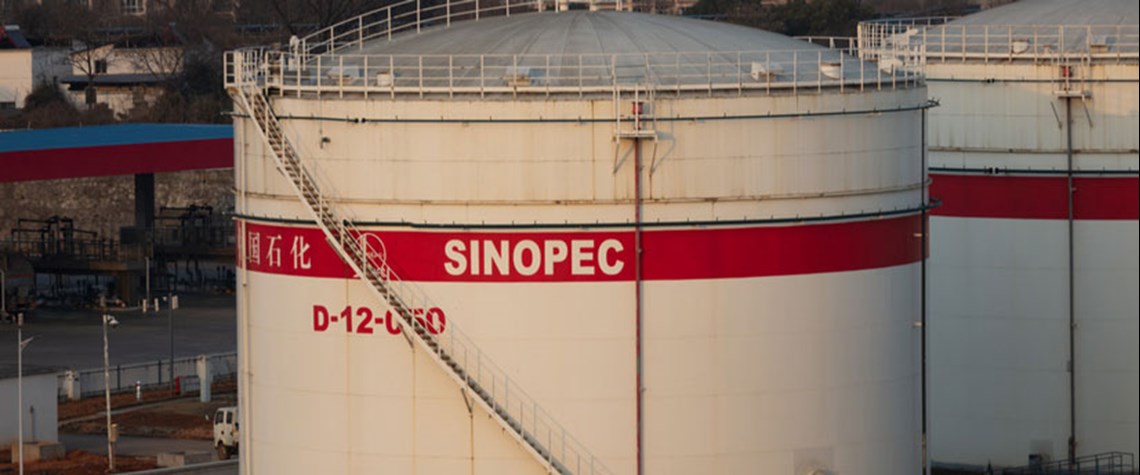China’s independent refiners reel from tax blow
Preferred feedstocks are now subject to levies, as establishment refiners use political clout to bite back
China’s independent refiners have been a staple of Asia’s trading scene ever since Beijing liberalised crude imports in 2015. Having built their reputations in the mid-late 2000s as important sources of marginal supply—state-controlled refiners having failed to keep up with domestic product demand—China’s independents have grown in complexity, sophistication and profitability. But a new consumption tax is now targeting light cycle oil (LCO), mixed aromatics and diluted bitumen, all feedstocks used by the independents. What are the implications for trade flows? New force Erroneously called ‘teapots’ by some, China’s independents have built sophisticated trading arms over the years, emerging a

Also in this section
18 February 2026
With Texas LNG approaching financial close, Alaska LNG advancing towards a phased buildout and Magnolia LNG positioned for future optionality, Glenfarne CEO Brendan Duval says the coming year will demonstrate how the company’s more focused, owner-operator approach is reshaping LNG infrastructure development in the North America
18 February 2026
The global gas industry is no longer on the backfoot, hesitantly justifying the value of its product, but has greater confidence in gas remaining a core part of the global energy mix for decades
18 February 2026
With marketable supply unlikely to grow significantly and limited scope for pipeline imports, Brazil is expected to continue relying on LNG to cover supply shortfalls, Ieda Gomes, senior adviser of Brazilian thinktank FGV Energia,
tells Petroleum Economist
17 February 2026
The 25th WPC Energy Congress, taking place in Riyadh, Saudi Arabia from 26–30 April 2026, will bring together leaders from the political, industrial, financial and technology sectors under the unifying theme “Pathways to an Energy Future for All”







